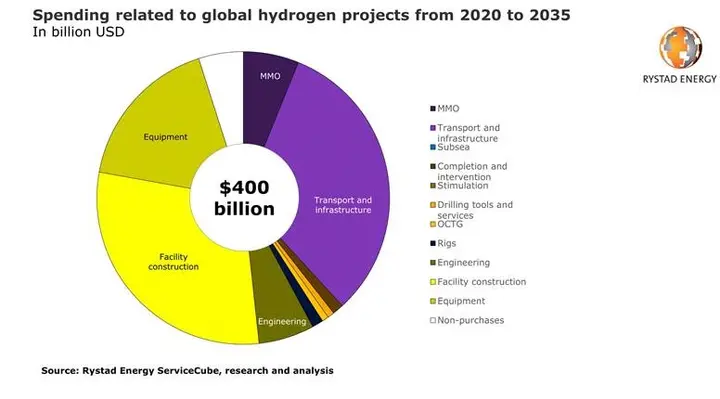In its annual review of global oil resources, Rystad Energy has found that Saudi Arabia effectively added more recoverable oil resources, thereby retaking its top position ahead of the United States and Russia, with total recoverable oil resources reaching to 276bbo in the country
The annual review report says that the addition of 73bbo of recoverable oil resources since the 2016 review has helped Saudi Arabia to regain the top position among the global competitors.
The report notes that the addition of the barrels resulted from Saudi Arabia’s cut of tax rates for its state producer Saudi Aramco to 50 per cent in March 2017, from 85 per cent, aiming to attract private investors ahead of its planned IPO in 2018.
According to Rystad, the revised fiscal regime is expected to incentivise more aggressive exploration and development drilling in the country.
Commenting on the review, Per Magnus Nysveen, head of analysis at Rystad Energy, said, “We are halfway in the buildup phase for US shale. We will see a new upcycle in the E&P business once US shale reaches this potential.”
Rystad Energy’s annual review focuses on the proved, probable and expected reserves, as well as contingent and prospective recoverable resources in order to rank the countries.
The findings show that in the US unconventional shale oil contribute more than 50 per cent of the country’s total recoverable oil resources, which currently stand at 263bbo.
Rystad observes that if natural gas liquids (NGLs) were included in the review, the US would surpass Saudi Arabia by more than 50bbo of recoverable oil and petroleum liquids.
The annual review estimates the total global oil recoverable oil resources at 2.2 trillion barrels, of which 33 per cent coming from offshore accounts and 30 per cent from unconventional oil recovery accounts.
Rystad adds that as much as 40 per cent of the recoverable oil requires oil prices higher than US$80/bbl to gain profit for the oil companies across the world.
Nysveen further commented, “Oil demand will also remain surprisingly robust over the next decade, despite new innovations to meet growing demand for individual transport in the Western Hemisphere.”








